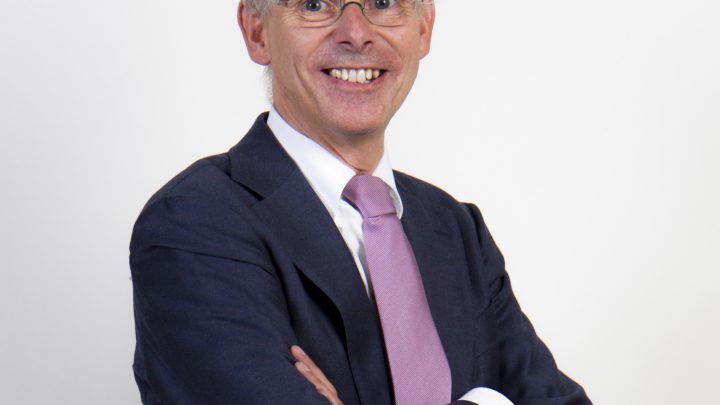
After my studies at the IVA (Institute for Sales and Management in the Automotive branch) I started working ate the company LJ Heijmeijer BV, which was selling jute bags and woven polypropylene bags. Four years later, in 1989 I switched over to LC Packaging, were I got into the FIBC business.
I had a great time there, learned a lot, but in 2000 I was asked by the formal owner of Nebig BV if I were interested in taking over his company. This was a once in a life-time chance and I decided to take it. Nebig BV at that time was only supplying small PP bags and jute bags, and turnover did not reach even €2 million.
From that moment onwards we have focused on slow but steady growth year after year, by starting to distribute FIBCs, container liners, paper bags, jute bags and woven PP bags as well. So far this has been very successful. We might maybe not be the biggest in The Netherlands right now, but we are definitively an important player.
With the EFIBCA annual meeting having taken place this month in Barcelona do you feel Nebig as a company gained value from the discussions and information shared?
Oh yes, definitively. But I still consider the informal contacts around the official meeting as most important. Getting to know your colleagues better in this business is very much needed, as we all face the same challenges.
What about the discussions on whether the code of conduct should be enforced?
Who can be against the present code of conduct I wonder? What is the reason why some members do not want to sign it? I really don’t know and I really don’t understand. If EFIBCA wants to make a difference and become a kind of institute for first class FIBC producers and distributors, it is clear people should only be a member if they sign the code of conduct. But forcing them all to sign is not the right way, as this is something you need to do voluntarily. EFIBCA should find out in detail with each and every member the reasons for not signing.
And the priority of corporate social responsibility?
Nebig is very much aware of its responsibility. But we also have to keep in mind that we cannot always put the social agreements we have achieved in Western Europe straight away into force in countries in the Far East. This will take several years. It is a step by step process, and we can only support and encourage them to go this way.
What of the importance of recycling FIBCs? Do you feel enough is being done?
Of course recycling FIBCs is a hot issue, and only very small steps have been taken. Using bags a second or third time is in direct conflict with all kinds of rules on food-safety, etc, for example. We need also to convince end users in this industry that working with FIBCs also makes you responsible for how to recycle them. But in the end it all comes down to the costs.
Raw materials shortages and market volatility seems to be predicted to continue. Is this a concern to Nebig?
It is, definitely. Luckily we co-operate with partners who have not let us down so far, but for everybody in the chain this issue is a major concern. It now comes to 100 percent reliability, and we take advantage of that. We can show our clients that we keep our contracts, in good times and in bad times.
How does Nebig differentiate itself?
You know it is hard to differentiate yourselves from others. Most EFIBCA members are decent and reliable companies who do their job well. We do the same. But we try to be different by having a direct and intense contact with our clients. They should feel at home with us.
We try not just to sell bags. We take their worries away and help them in getting their materials in time in the best packaging to their clients. It should not be a client-salesman relationship; it is a partnership, a co-operation between the two. So far we have been successful with this attitude and we intend to continue and improve every time even further.
With many reports pointing towards flexible bulk packaging taking market share from more traditional methods, how do you plan to maximise on this growth potential?
Definitely, FIBCs will gain market share. And we’ll go with that flow. We and our partners are prepared to be able to produce sufficient quantities. On the other hand, we are also cautious people. We do not intend to grow too fast. We prefer to grow step by step, slowly but steadily.
How much innovation is happening in the FIBC industry and how do you innovate?
We think there is not enough innovation. In fact the FIBCs of today are the same as those of 25 years ago; maybe just lighter to use less raw material. Real innovation, such as Starlinger’s idea to make FIBC’s from PET is not really getting a foot on the ground. It’s an industry like an oil tanker, it goes forward, but to change direction takes a while.
